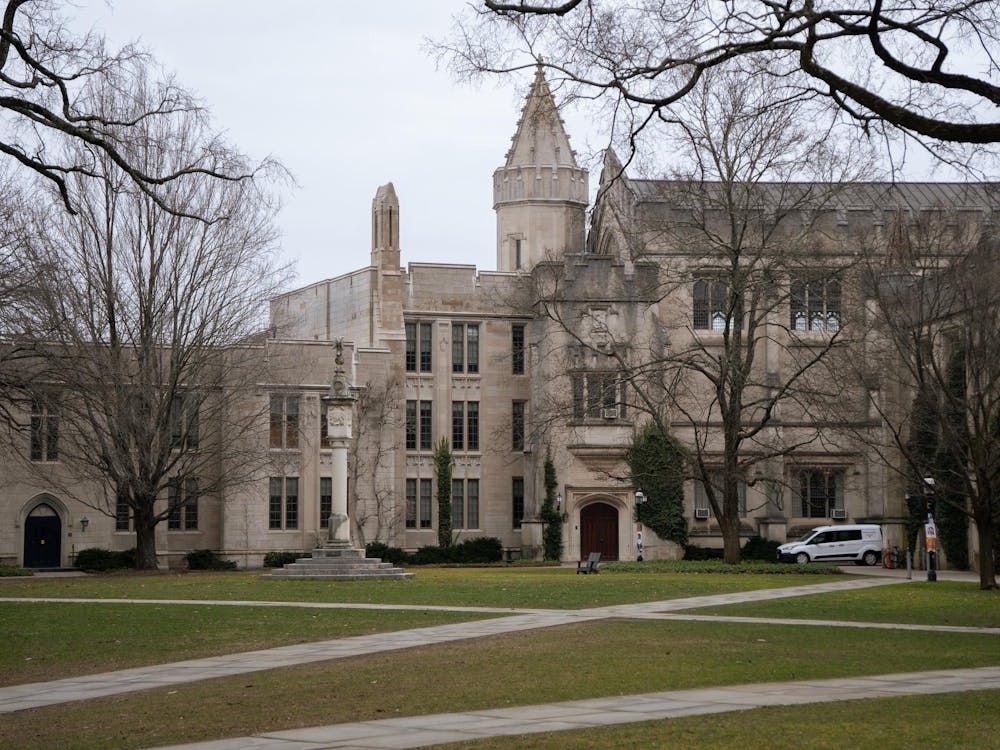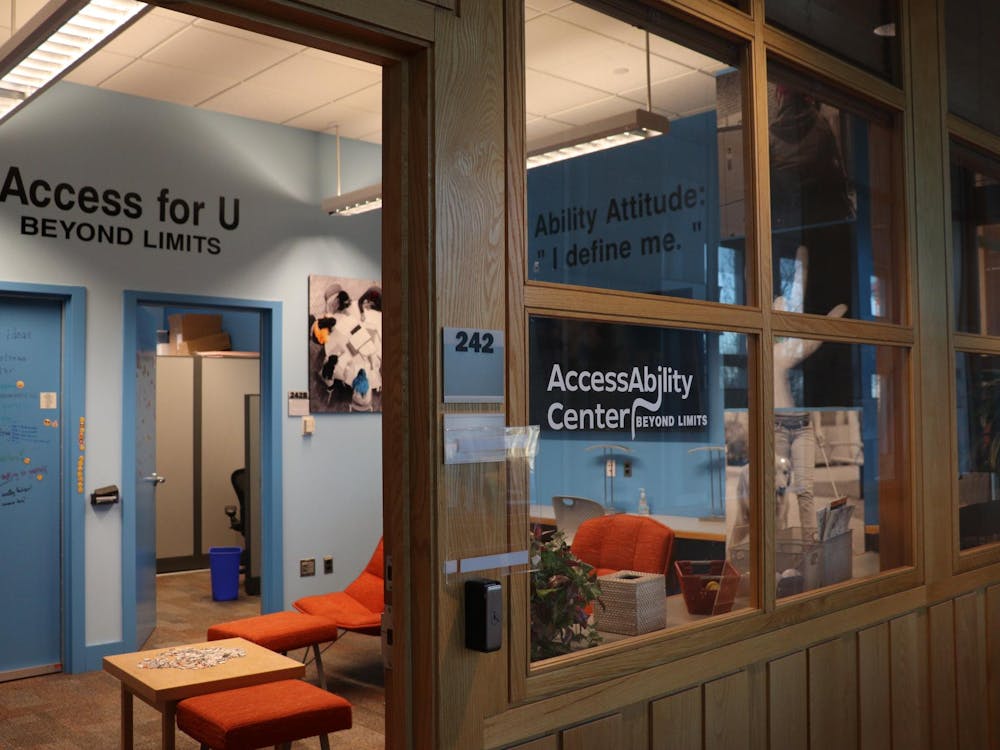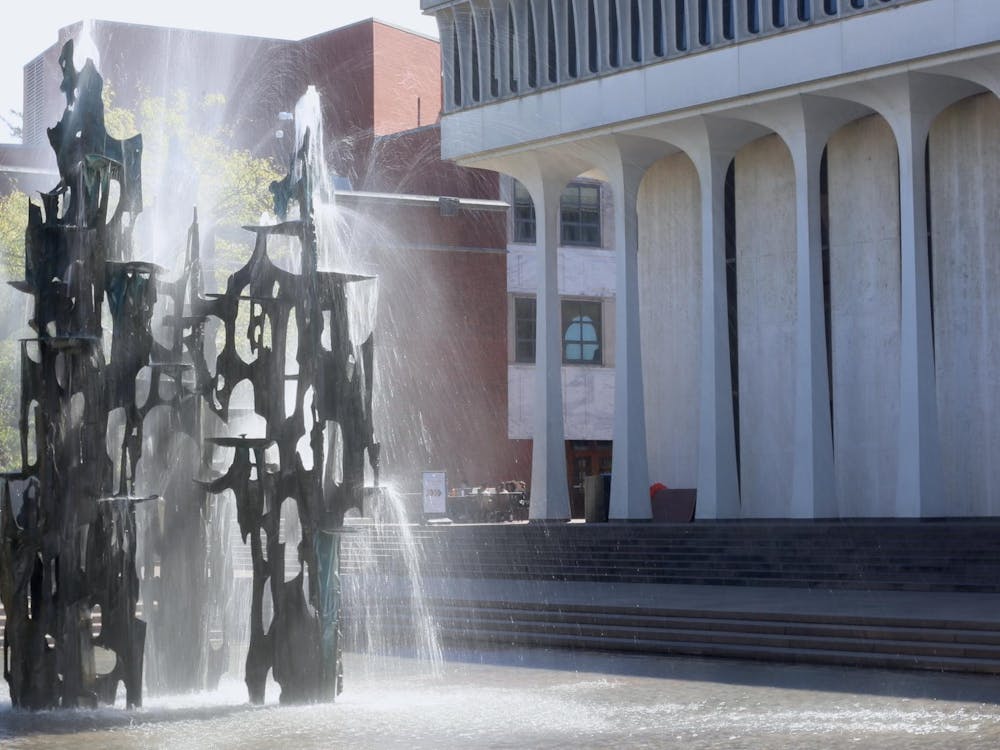Members of the Asian-American Students Association and Asian-American Studies Committee have submitted a formal proposal to the University outlining their specific requests for the creation of an Asian American Studies certificate program by fall 2015. The report, which was released on March 26 — exactly 20 years after the release of a similar report by the Asian American Task Force in 1993 — follows the recent renewal of a push for the administration to improve its academic offerings in Asian American Studies.
According to Linda Zhong ’15, AASA co-president and report coauthor, the idea for the proposal was prompted by seniors Charles Du ’13 and Tara Ohrtman ’13, who approached AASA with their interest in campaigning for a certificate program. The report is a formal attempt to demonstrate campus interest in an issue that, according to AASA, has gained increasing importance on campus since 1970.
“We have students and alumni and certain faculty who are really invested in bringing this program to campus, and we feel like it would be an asset to the intellectual atmosphere here,” Zhong said.
In the report, AASA calls for the University to create a “formal, designated certificate program in Asian American Studies” that would support a minimum of eight classes per year. In addition to the establishment of an Asian American Studies certificate program, the report also encourages the University to hire more faculty and administrators of Asian-American descent.
According to University Provost Christopher Eisgruber ’83, the University has been in discussion with various faculty members about their interest in fields related to Asian-American studies and the possibility of expanding particular course offerings. Eisgruber said that while AASA’s proposal clearly demonstrates a high level of student interest in the issue, ultimately the level of demonstrated “faculty commitment and scholarly inquiry” will determine the future of an Asian American Studies program at the University, emphasizing that the strength of that scholarly inquiry an important factor.
Although efforts to establish a program at the University began in the 1970s, the campaigns gained momentum during the mid-1990s when a similar campaign for the development of a Latino Studies program led to visible student protest. In 1995, a 36-hour sit-in at Nassau Hall resulted in an official promise from the University to hire new faculty members in the areas of Asian-American and Latino studies. A Latino Studies program was created in 2009; however, no formalized Asian-American program exists.
After an ad hoc meeting on diversity provoked controversy in January when AASA and English professor Anne Cheng ’85 called attention to the absence of prominent Asian-Americans in attendance at the meeting, the Asian-American community, alumni, faculty and students expressed their concern for what they described as the University’s lack of response to issues of Asian-American presence on campus.
In 2008, Cheng submitted a proposal to the University urging the administration to implement a formal program in Asian-American studies. According to Cheng, the 10-page document, which was accompanied by an alumni-sponsored petition of support, did not receive a response from the University.
Eisgruber said that while a proposal like Cheng’s is a good indicator of the level of interest among faculty in issues related to Asian-American studies, individual faculty members must be willing to commit their time and effort to teaching additional courses within the department.
“The most important thing for a certificate program or for expansion in a curricular area is a proposal from faculty members or a faculty unit,” Eisgruber said.
According to Eisgruber, gateway classes funded by the 250th Anniversary Fund for Innovation and Undergraduate Education will be a useful first step in establishing this kind of commitment. This fall, Cheng will be teaching a gateway class titled “Too Cute: America’s New Asia-mania.”
In addition to faculty commitment, Eisgruber also noted that funding plays a significant role in University discussions on curricular and departmental changes. According to AASA’s report, the Asian-American Alumni Association of Princeton was turned down by the University when it tried to donate funds for the creation of an Asian American Studies program. While Eisgruber said he did not know enough about the specifics of the donation to comment on the University’s reasons for turning it down, he explained that it is often very difficult to approve donations of this nature because funds are often insufficient or too specific in their aims.

In the midst of the financial crisis, Eisgruber said the University was hesitant to commit itself to the establishment of the program Cheng outlined in her 2008 proposal. He added that the University is prepared to provide resources to departments that are interested in hiring faculty or creating classes related to Asian-American studies.
“The most important thing is that we continue to reach out to interested faculty members and help them to work with us to find a right path moving forward,” Eisgruber said. “This is an incremental process — what we need now is a set of faculty members who are willing to say, ‘We’re willing to take leadership on behalf of this proposal now, including committing our own time to it.’ ”
In its report, AASA urges the University “to act and to bring to Princeton a program of study that has been advocated for by several generations of Princetonians.” The report devotes a section to the history of Asian-American studies on college campuses across the nation, arguing that Princeton is lagging behind other leading universities like the University of Pennsylvania that have established formal programs and have hired numerous faculty members in those areas of research.
“There is the least amount of institutional support [at Princeton] for any kind of classes or academic research in the field,” Asian-American Studies Committee chair Evan Kratzer ’16 said. The Committee’s purpose is to advocate for the creation of an Asian American Studies program.
Among other Ivy League schools, only Columbia has designated an Asian American Studies major, according to the report. Kratzer said that even schools like Harvard and Yale, which have no formal program or major, offer students an opportunity to explore Asian-American studies through an ethnic studies program and clearinghouse for Asian-American studies classes, respectively.
“They at least have some minimal program that tries to cultivate it,” Kratzer said. “It shows that they at least recognize that there should be an institutional home for it on campus.”








